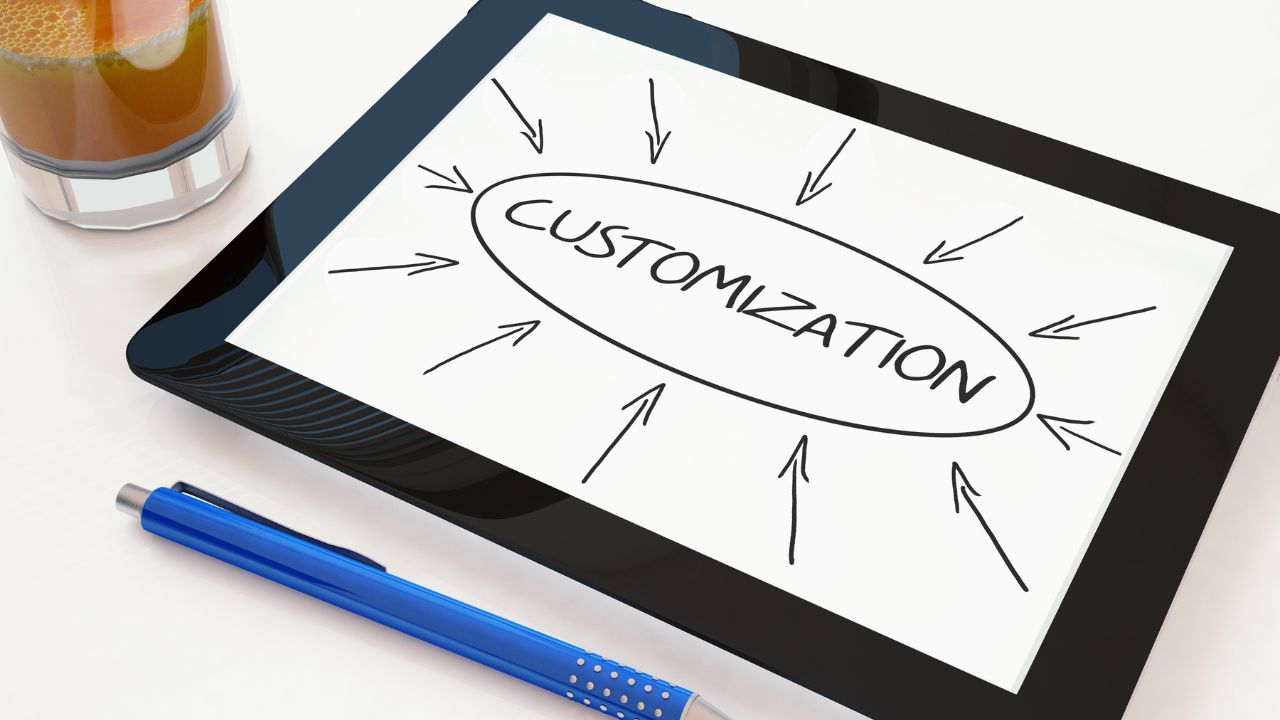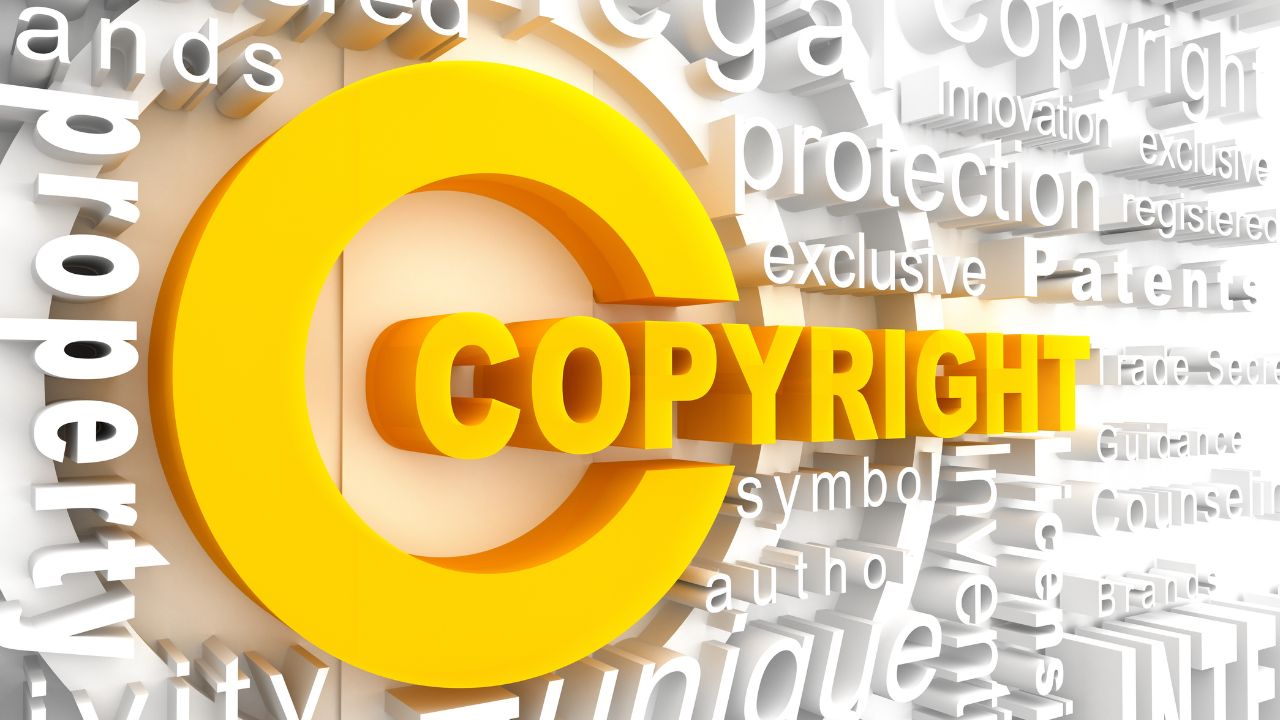Navigating the Legal Landscape: Copyright vs. PLR for Digital Creators
Sep 12, 2023
If you sell online courses or digital products, you most likely have a lot of content on your hands. As you think about different ways to leverage the value of that content, you may be considering private label rights, also known as PLR. In this blog, When you create content, you, as the creator have instant copyright in your digital content. Course creators typically sell their courses that contain this content, and digital product creators sell their digital products with a license for the purchaser to use the content only for their own personal use or use in their business. PLR turns this traditional model on its head. PLR is a type of license that allows individuals or businesses to purchase or acquire the rights to a product, such as an ebook, software, or other digital content, and then modify, rebrand, and sell it as their own. Essentially, PLR grants the purchaser the ability to use the product in various ways, which could include reselling, modifying, or even claiming authorship of the content or digital product.

Key Differences between Traditional Copyright and PLR
To decide whether PLR might be an option for your online business, it’s important to understand the key differences between PLR and traditional copyright. Here are 7 key differences between traditional copyright and PLR.
- Ownership: With traditional copyright, the creator of a work automatically holds the exclusive rights to reproduce, distribute, and publicly display the work. Details about how copyright works can be found at U.S. Copyright Office. In PLR, the original creator still holds the copyright, but they grant certain rights to the purchaser beyond a basic license to use the copyrighted work, all as detailed in the PLR license.
- Usage and Customization: Traditional copyright generally restricts others from using or modifying a copyrighted work without explicit permission from the copyright owner. The basic license given in traditional copyright typically doesn’t permit modification. PLR, on the other hand, grants purchasers the right to modify, customize, and often rebrand the product as their own, depending on the specific terms of the PLR license. Some PLR might require rebranding and customization. This would provide better protection for the copyright owner’s reputation from things like unethical selling or marketing practices of licensees.

- Distribution and Resale: Traditional copyright allows the copyright owner to control the distribution and sale of their work. With a traditional license, a purchaser cannot resell or otherwise distribute the copyrighted work. With PLR, purchasers often have the right to resell the product or use it for commercial purposes, though there may be restrictions or limitations outlined in the PLR license. Sometimes a PLR license is referred to as a commercial license.
- Attribution: Traditional copyright typically requires proper attribution to the original creator when using or distributing the copyrighted work. For example, the owner of a copyrighted teaching method may grant a license to another individual to use the teaching method, but they must give credit to the copyright owner when using the teaching method. In contrast, PLR licenses are generally much less restrictive regarding attribution, and may permit or even require the licensee to claim authorship under their own branding.
- Transferability: Both traditional copyright and PLR rights can be transferred or licensed as provided in written legal agreement. Most commonly, traditional copyright is more commonly transferred or licensed to others through legal agreements, while PLR rights are often non-transferable, meaning the purchaser cannot sell or give away the PLR rights themselves to another person or entity.

- Duration: Traditional copyright protection generally lasts for the life of the creator plus a certain number of years after their death. PLR licenses can have varying durations and may expire after a specific time or remain valid indefinitely. PLR rights are likely to have a duration much shorter than the life of the copyright, especially in the digital content and digital product industry.
- Legal Protection: Traditional copyright provides a mechanism for the copyright owner to take legal action against those who infringe upon their rights. These rights are found in federal statutes. PLR licenses, however, don’t have statutory protections as the copyright itself has not been transferred. Instead, the PLR license holder would need to enforce any breach by purchasers of the licensed product.
Another way to think about PLR is to compare them to generic brands you find in the grocery. Store brands of packaged goods that carry the "generic" name of the store that sells them, are often manufactured by the same companies whose branded products sit on the shelf right next to the generic brands.
While there are many possibilities with PLR, the scope of the PLR rights will depend on the specific terms and conditions set forth in the PLR license agreement. If you are considering creating PLR for your products or becoming a commercial seller under PLR rights, careful drafting and review of your contract is essential to understand how the bundle of rights is structured.

Popular Types of Content Using PLR
If you are thinking of creating digital content that you could license using PLR, here are some examples of digital products that are frequently sold using PLR licensing:
- Ebooks: PLR ebooks can include a wide range of topics, from personal growth to business topics like messaging or managing a business. Purchasers of an ebook PLR license can modify the content, add their branding, and sell the e-books as their own, or even include them as bonus content in a course or digital product offering.
- Articles and Blog Posts: A PLR article or blog post is pre-written content that the PLR licensee can use on their websites or in email communication. The PLR license holder can customize the content and with their own thoughts and ideas.
- Reports and Whitepapers: PLR reports and whitepapers are in-depth documents about a particular topic. The PLR license holder might use these to provide educational content to their audiences.
- Video Tutorials and Courses: PLR video tutorials and courses provide pre-recorded instructional videos on various topics. The PLR license holder is typically able to rebrand this content as their own, adding their own stylistic and branding elements, and resell them to their own audiences.
- Graphics and Templates: PLR graphics and templates are digital templates for things like website pages, social media posts, logos, slide decks, checklists, worksheets and email newsletters. PLR licensees can modify and customize these digital assets with their own branding and other customizations and then resell them for use by others.

Quality, Market Dilution and Pricing Issues
Whether you are thinking about creating content and then selling PLR to licensees, or if you are thinking about purchasing PLR so that you can quickly rebrand and sell ready made content, two key considerations for you are quality and price.
The quality and uniqueness of PLR products can vary significantly. If you are creating PLR content to license, is it well-researched and professionally presented? It may be hard to justify your selling price to prospective PLR licensees if your product lacks depth and value. Similarly, if you are considering becoming a PLR licensee, will you be able to easily sell this product? Will it deliver on its promises, and do you have the skills and experience to provide any needed customer support or training related to the product?
If a lot of licensees are purchasing PLR for a particular product, the market for that product could quickly become saturated. Essentially, the same course or digital product could be sold by many, possibly thousands of licensees, with the only differences being things like branding, naming and messaging. The lack of uniqueness of the content might be a deterrent for prospective customers. The PLR license could be made more valuable if it was limited to a certain number of licensees. This would justify a higher price point and provide more protection against market dilution for licensees.
Pricing can vary considerably among PLR products. Simple templates would obviously be licensed at a much lower price than a 10 module course containing 100 lessons. If you are considering purchasing or selling PLR content, high quality content will likely sell at a premium price. The PLR licensee will have the opportunity to resell the content many times over, justifying a higher licensing price than the content creator might charge to offer the content directly under a traditional copyright license.

Is PLR the Right Move for Your Online Business?
These are just a few examples, and the possibilities with PLR are extensive. The key is to choose products that align with your target audience's interests and needs, and then customize and market these products effectively to maximize their value and profitability. It's extremely important for both creators and license purchasers to carefully review the specific provisions of the PLR license agreement. Creators need to be clear about what rights they are granting and what actions they are requiring licensees to take, and license purchasers likewise need to understand their rights and obligations regarding PLR content. To learn more about how copyright applies to your online business, read this Blog, Copyright 101 for Online Coaches and Course Creators: Protecting Your Digital Content from Copycats and Infringers.
Do you need customizable legal templates to legally protect your online service business? Check out my legal template shop at Template Shop.


